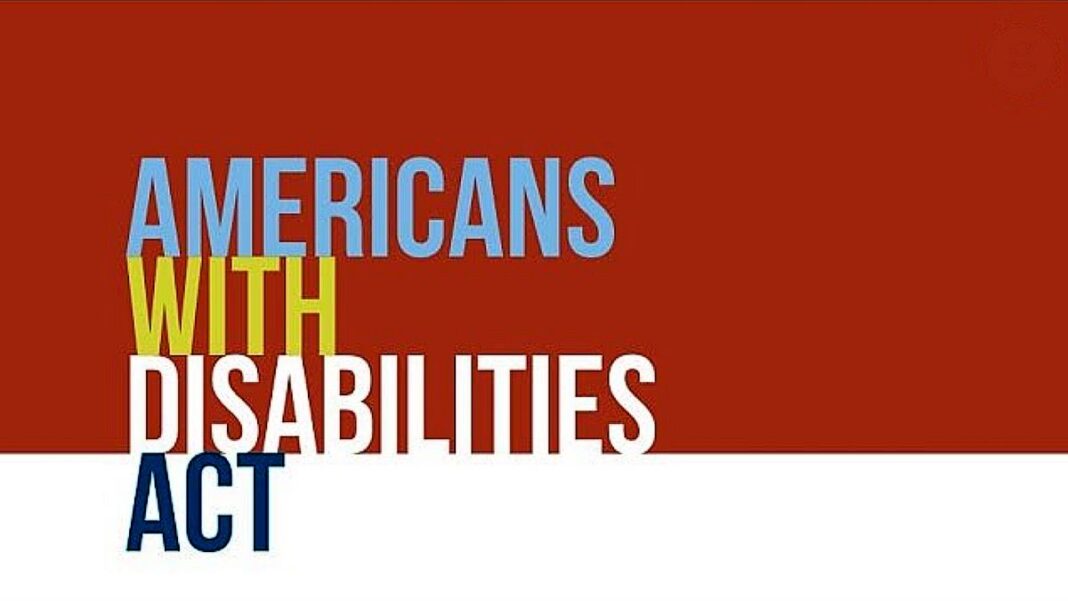Over the objections of two conservative justices, the Supreme Court decided last week not to take up a case about whether individuals suffering from gender dysphoria are protected by the Americans with Disabilities Act (ADA).
The June 30 decision to deny the petition for certiorari, or review, in Kincaid v. Williams (court file 22-633), is important because it is being interpreted as a victory for the transgender rights movement.
The order came the same day the court issued the last of 58 opinions in cases argued in the term that began in October 2022. Its new term begins with oral arguments on the first Monday in October.
For a case to move forward, at least four of the nine justices have to vote to grant the petition. In the new unsigned order in the case the court indicated the petition was dismissed but did not disclose the results of the vote taken by the justices.
In an opinion (pdf) dissenting from the denial of the petition, Justice Samuel Alito wrote that the nation’s highest court should have accepted the case to resolve an issue of “great national importance that calls out for prompt review.” Justice Clarence Thomas joined Alito’s dissent.
The new order leaves in place a U.S. Court of Appeals for the 4th Circuit ruling in favor of Kesha Williams, a former detainee in Fairfax County, Virginia, who was born male and now identifies as female. Williams’s lawsuit against the county is still ongoing.
The 4th Circuit ruling covers only the states in that circuit: Maryland, North Carolina, South Carolina, West Virginia, and Virginia.
Williams suffers from gender dysphoria, which can be defined as the intense discomfort or distress experienced by a person whose sex at birth is at odds with the person’s so-called gender identity.
Williams claimed he was mistreated and discriminated against while in the custody of the county, which failed to take his wish to have his purported female identity recognized.
In 2020, the Supreme Court embraced the concept of gender identity, which critics say is a social malaise that has been politicized, with solutions that haven’t been based on rigorous science. The court ruled 6–3 in Bostock v. Clayton County that employees cannot be fired from their jobs because of discrimination over their gender identity or sexual orientation.







